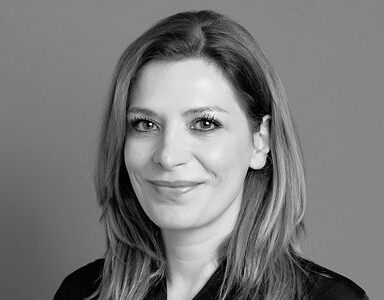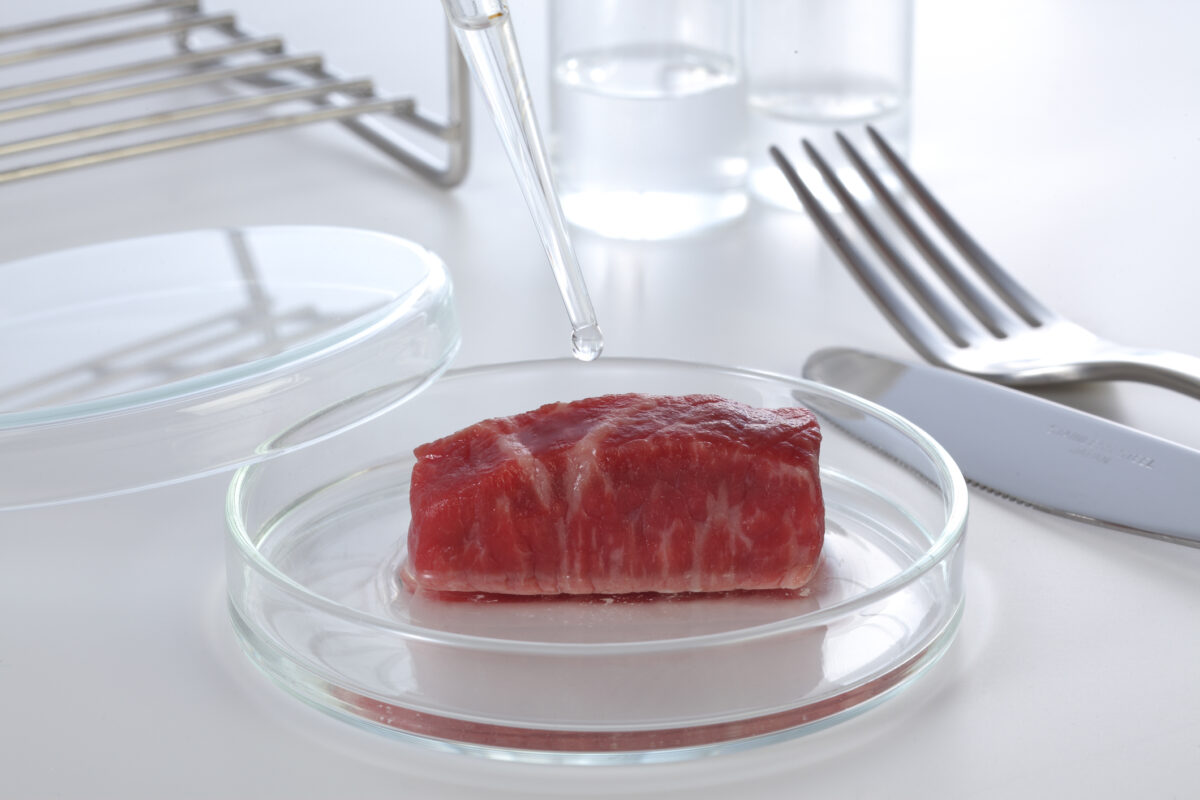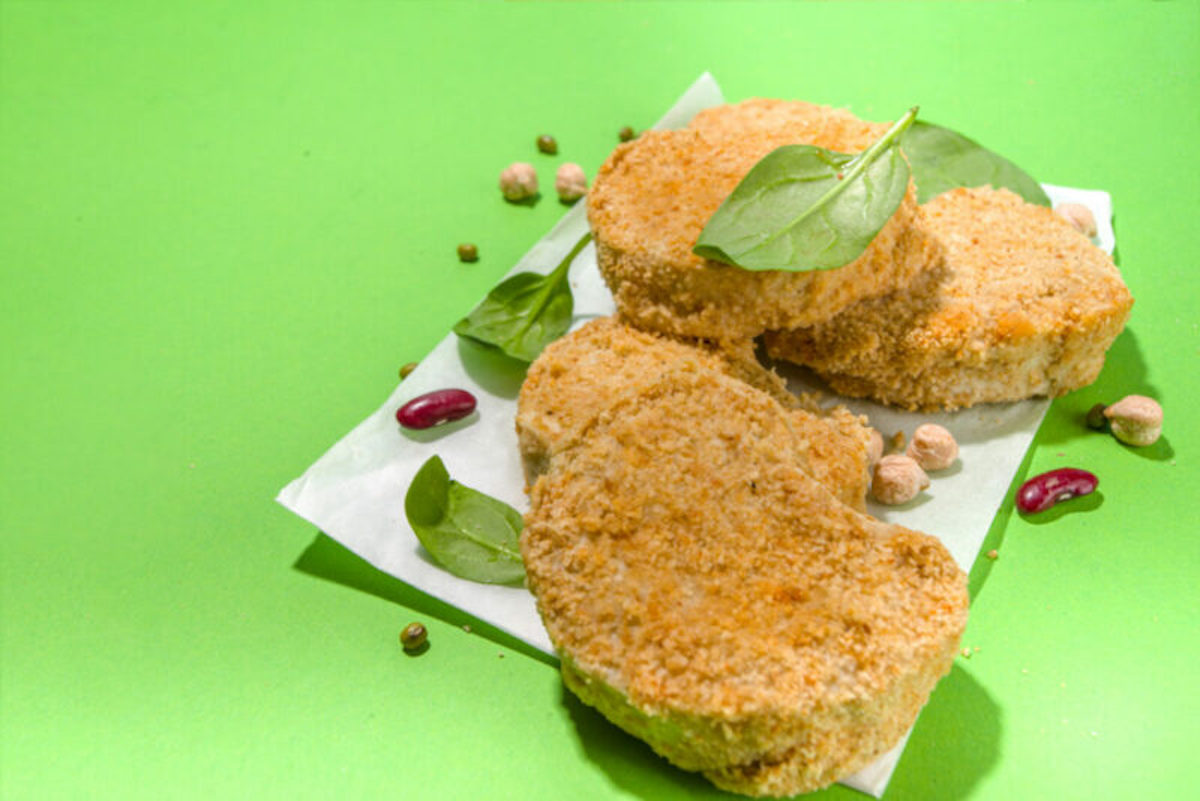UK foodtech company Clean Food Group raises £1.65M in latest seed round to start production of cultivated yeast-based palm oil alternative

UK foodtech company Clean Food Group has announced it has raised £1.65M in its latest seed round, which will allow it to start production of its cultivated yeast-based alternative to palm oil.
The business, which uses fermentation to develop a range of ingredients including fats, proteins and flavours for the food and cosmetic industry, acquired the intellectual property to produce the yeast-based palm oil alternative from the University of Bath in the first quarter of 2022.
The palm oil alternative has taken eight years and over £4.4 million to be developed by Professor of Bioprocess Engineering at the University of Bath’s Department of Chemical Engineering Chris Chuck and his team, and is now ready for scale-up and commercialisation.
Clean Food Group has signed a two-year collaboration agreement with the University of Bath to scale the technology and market the palm oil alternative. The company is also investing in the development of a large-scale pilot plant based at the university and will submit dossiers to secure regulatory approval for its new products.
Professor Chris Chuck has joined Clean Food Group as a technical advisor, leading a team of scientists at the Clean Food Group laboratory and at the pilot plant.
Professor Chuck said: “Our dependence on palm oil comes at a great environmental cost. We’ve worked over many years to create robust palm oil alternatives that give us a real chance to cut the impact of a range of products that until now have only been possible to produce with palm oil and the deforestation, pollution and emissions that come with it.”
The £1.65M seed round was led by Agronomics, a biotech venture capital firm specialising in cellular agriculture, whose portfolio include Israeli cultured chicken start-up SuperMeat , Finnish start-up Solar Foods, which makes protein using hydrogen combined with carbon dioxide, and Chinese lab-grown pork and seafood company CellX. Agronomics now holds a 35% interest in Clean Food Group and its Executive Director Jim Mellon has joined the business’s board.
Other investors include AIM listed SEED Innovations Limited, a global food and beverage company, as well as other VCs.
Alex Neves, Co-Founder and CEO of Clean Food Group commented: “We are delighted to work with Professor Chris Chuck and his growing Clean Food Group team at the University of Bath to bring a commercially viable and sustainable alternative to palm oil to market.
“We have seen such significant demand for our seed financing round and are particularly excited to be working with Agronomics, widely recognised as a pioneer of the cellular agriculture investment community, as our cornerstone investor.
“With this funding round now successfully completed, we are not only well capitalised to complete the next stage of our corporate development, but are also well placed to take the next step on the path to bringing our palm oil alternative, an ingredient with the potential to solve substantial environmental, food security, health and working environment challenges within the incumbent palm oil supply chain, to market.”
“In addition to our acquisition of the intellectual property for the palm oil alternative technology and our collaboration with the University of Bath to scale the technology, we will be investing in securing regulatory approval for our palm oil alternative ingredients in multiple markets. We will also be investing in the development of a large-scale pilot plant which will allow us to enter into meaningful collaborations with commercial partners and to demonstrate our palm oil alternative within finished products. We have already received significant market interest with regards to this”
The yeast-based palm oil alternative could be pivotal in reducing the use of palm oil, an ingredient whose production has a devastating effect on the environment, leading to GHG emissions, deforestation and loss of habitat for species such the orangutang, pygmy elephant and Sumatran rhino.
The global palm oil market was valued at US$ 50.6 billion in 2021 and is expected to reach US$ 65.5 billion by 2027. A large number of foods still contain it, and with shortages of sunflower oil caused by the Russia-Ukraine conflict, several manufacturers and supermarkets who had previously banned palm oil, have started to allow it in their products again.








